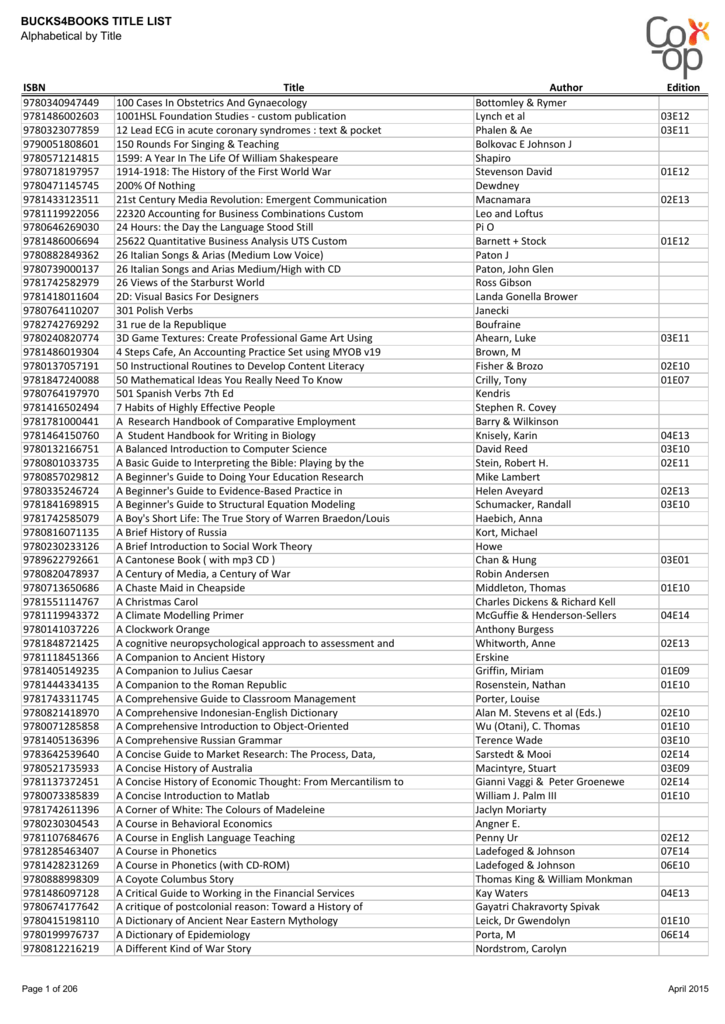The Island By Athol Fugard Pdf To Excel

Jan 5, 2018 - This chapter investigates The Island, devised jointly by Athol Fugard. 6 No Man's Island: Fugard. The road to mecca by athol fugard pdf.
The Island (1973) Athol Fugard A Quick Rundown of The Island - The Island is a Fugard play that resorts to the Classics to protest Apartheid. - It takes place in four scenes, opening with a lengthy mimed sequence in which John and Winston, two cell mates in prison on Robben Island, carry out one of the totally pointless and exhausting tasks designed by warders to break the spirit of political prisoners. - Winston has been sentenced to prison for life because he burned his passbook in front of a police station. - John has been imprisoned for belonging to a banned organization.
- The story traces the relationship of these two men. Winston is the active rebel, - and John, the intellectual, is trying to persuade him to play Antigone in a condensed - two-character version of Sophocles’ play. - It is to be a prison “concert” for their fellow prisoners and the guards.
- However, Winston rebels at playing Antigone. He doesn’t want the other prisoners to laugh at him for being dressed as a woman, wearing a mop for a wig, false “titties,” and a necklace made of salvaged nails. He protests, “I’m a man, not a bloody woman. Shit man, you want me to go out there tomorrow night and make a bloody fool of myself?” (p. - John finally convinces him to cooperate by putting the dress on himself and saying, “ behind all this rubbish is me, and you know it’s me.
You think those bastards out there won’t know it’s you? Yes, they’ll laugh. But who cares about that as long as they laugh in the beginning and listen at the end. That’s all we want them to do listen at the end!” (p. - Then John is taken to the office of the head warden and told that his appeal against his sentence has been granted.
His ten-year term has been reduced to three years. In three months, he will be free. - But Winston is now facing a bleak future without the friend whose imagination has helped to keep him sane. - In the final scene, as the two present their version of Antigone, - Antigone/Winston tells the legendary king of Thebes, Creon, and the audience: - “You are only a man, Creon.
Even as there are laws made by men, so too there are others that come from God. He watches my soul for a transgression even as your spies hide in the bush at night to see who is transgressing your laws. Q7 wifi camera firmware hacks. Guilty against God I will not be for any man on this earth.But if I had let my mother’s son, a Son of the Land, lie there as food for the carrion fly, Hodoshe, my soul would never have known peace.” (p. 226) - “A Son of the Land” (Nyana wa Sizwe) is Winston’s battle cry that articulates his identity. - At the end of the “concert,” John and Winston then take off their costumes - and “strike” the set. - They are again put in handcuffs and ankle chains and begin running in tandem as the siren wails.
Introduction - New genre: drama - Play about political statements - Two-person play - Greater interaction between audience and actor - Takes places over six days - Slice of life” theatre 2. Sociopolitical Context - part of three plays called statement plays (against Apartheid legislation): 1. Sizwe Bansi Is Dead (political response, young man forced to break the law to survive) 2. The Island (direct response to banning of ANC and other opposition voices) 3. Statement After An Arrest Under The Immorality Act (against Immorality Act banning of relationships across racial boundaries - 1950s: dynamic creativity, art, drama, poetry, etc. Also political activism of overt nature.
People burnt their passes. Women marched on parliament. In Johannesburg: in Sophiatown, mixed race ghettoes associated with a group of writers, the “drum generation” - 1960s: “Decade of Silence.” Politics and Sophiatown change drastically. Capture of Mandela and other political activists. Banning of ANC and PAC.

Vision of “white areas” and a “white Johannesburg” Sophiatown virtually destroyed, turned into white suburb “Triomf.” Political opposition only underground. . Imperialism is the forceful extension of a nation's authority by territorial conquest or by establishing economic and political domination of other nations that are not its colonies. In various forms, imperialism may be as old as humanity.
In the prehistorical world (before written history began), clan groups extended their territory and dominated others, competing against them for food and resources. Negatively, many cultures have suffered due to imperial domination since the dominant have often regarded themselves as superior and have neglected, or even deliberately destroyed, indigenous cultures. Yet, an interesting aspect of imperialism is that empires, both ancient and modern, have also tended to regard themselves as spreading order, morality, the true religion and civilization, and have even claimed to occupy the high moral ground. Imperial projects ranging from that of Alexander the Great, through the Roman Empire, to the British and Napoleonic empires saw themselves as instruments for good in the world, even though their expansion was usually violent. Imperialism is often linked with totalitarian enterprises, since the colonized rarely had much say in their governance However, democracies have also engaged in imperial acts. The United States regards the defense of democracy and of freedom as fundamental to its identity and mission in the world, yet it has also engaged in imperial pursuits.